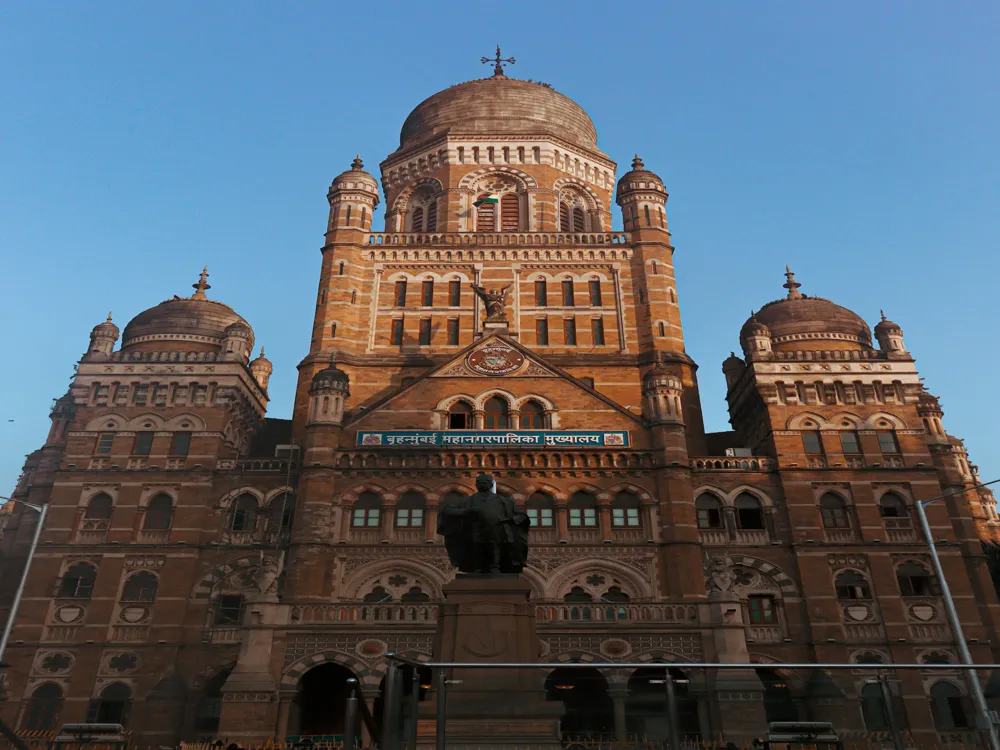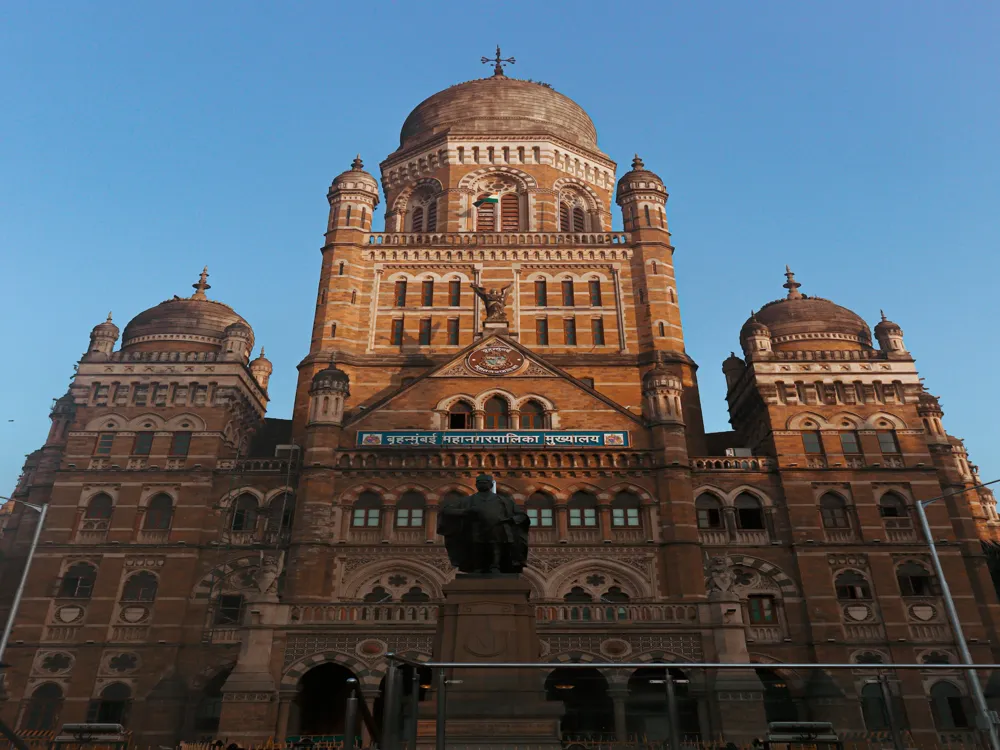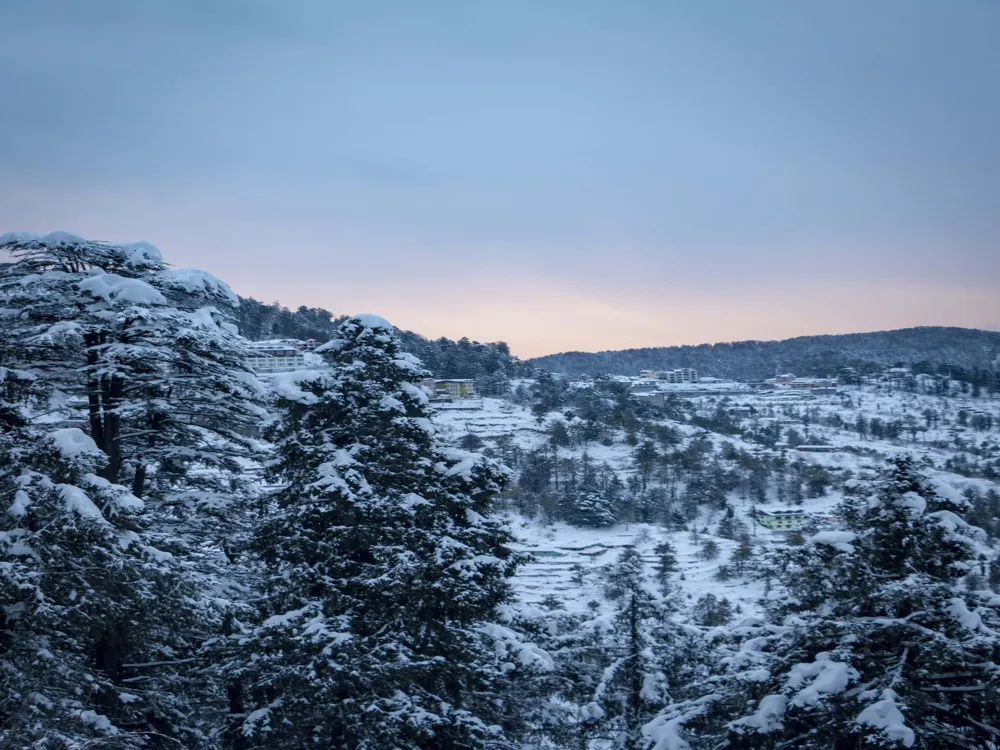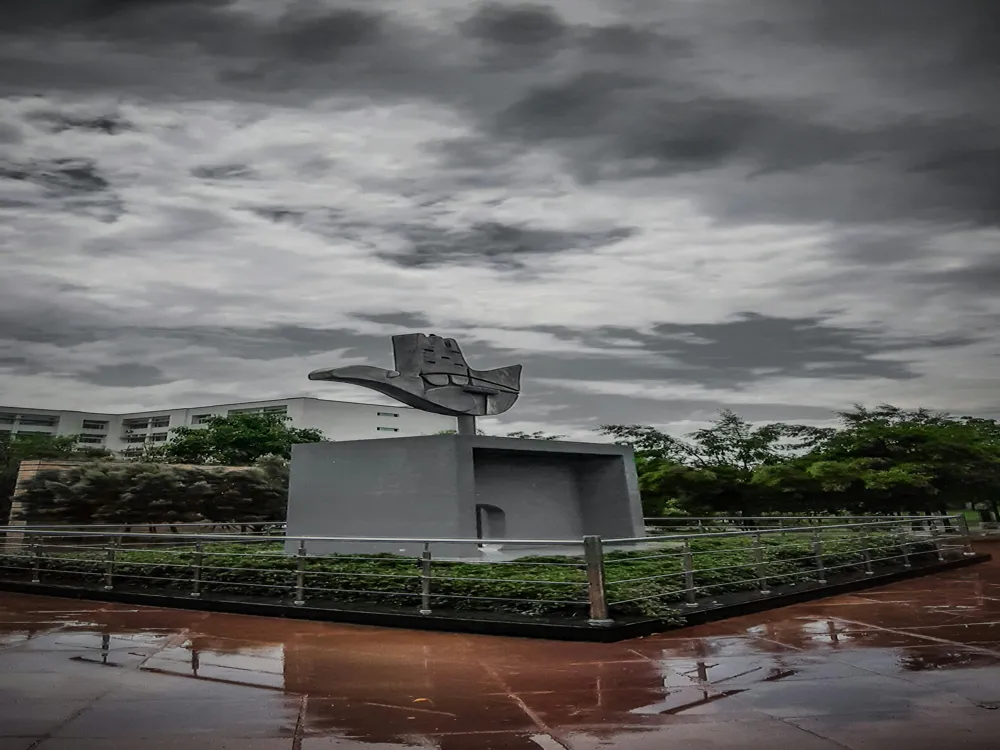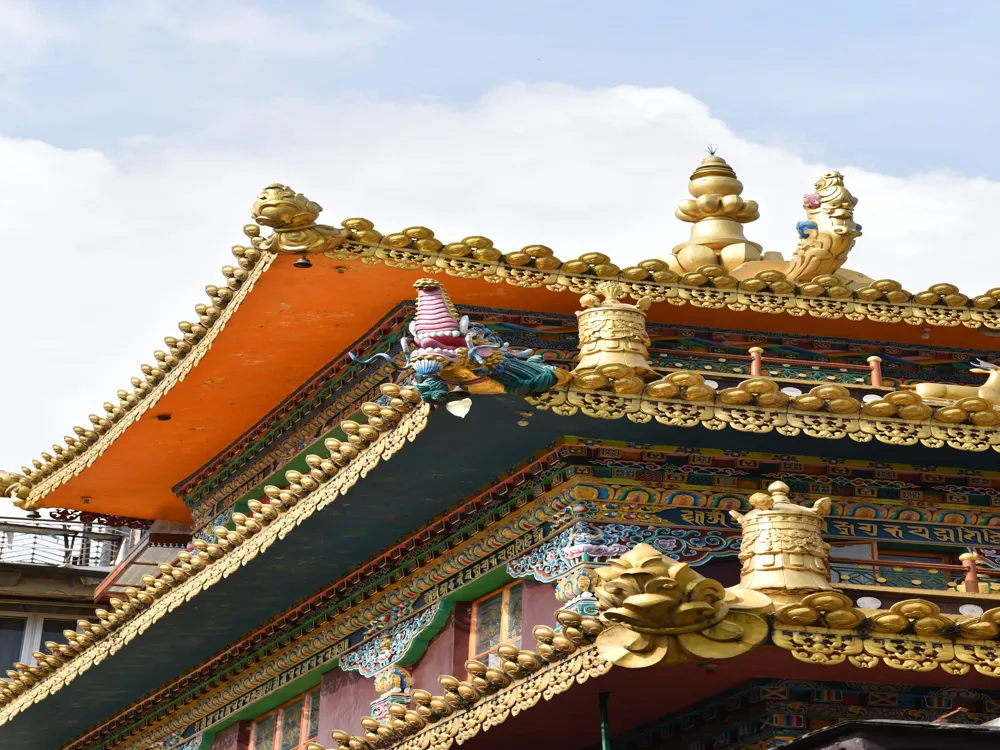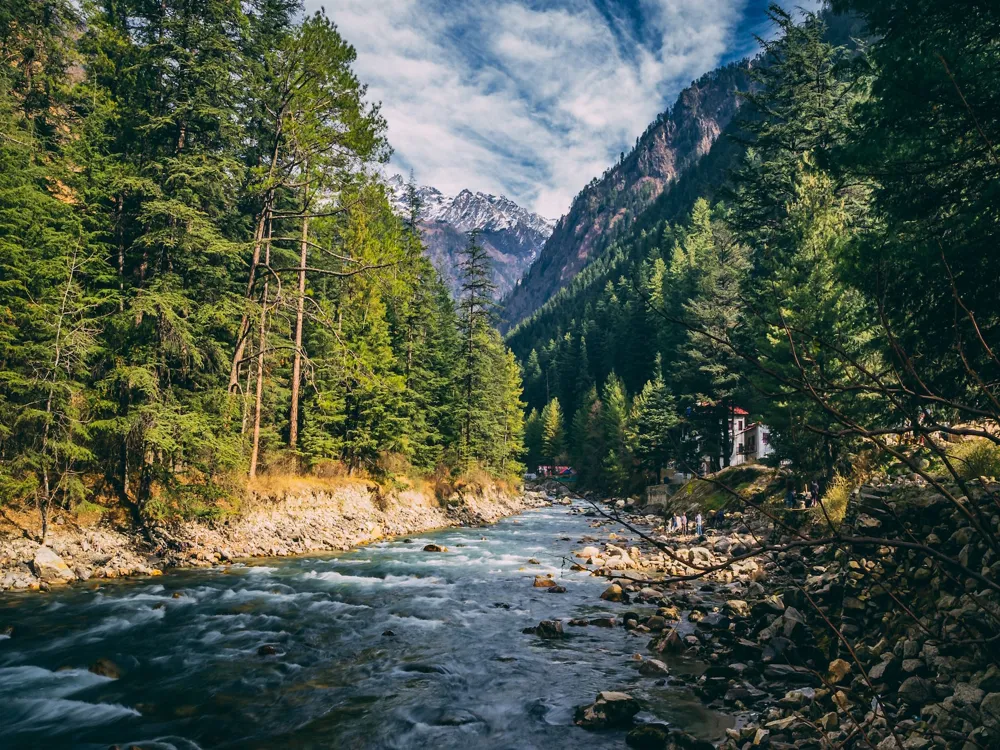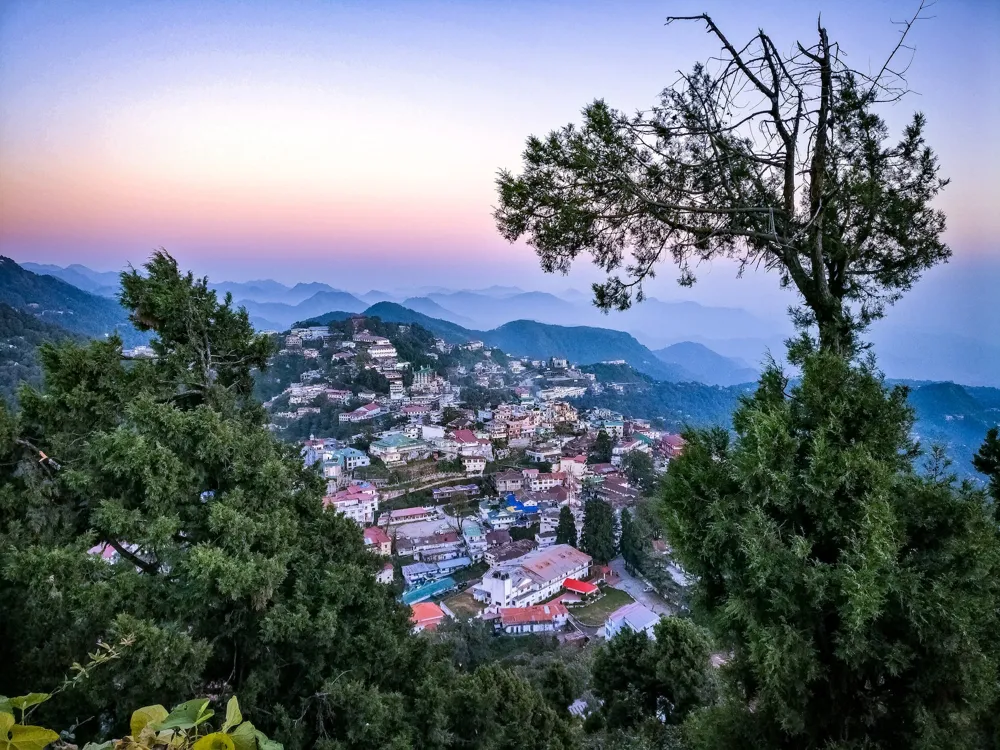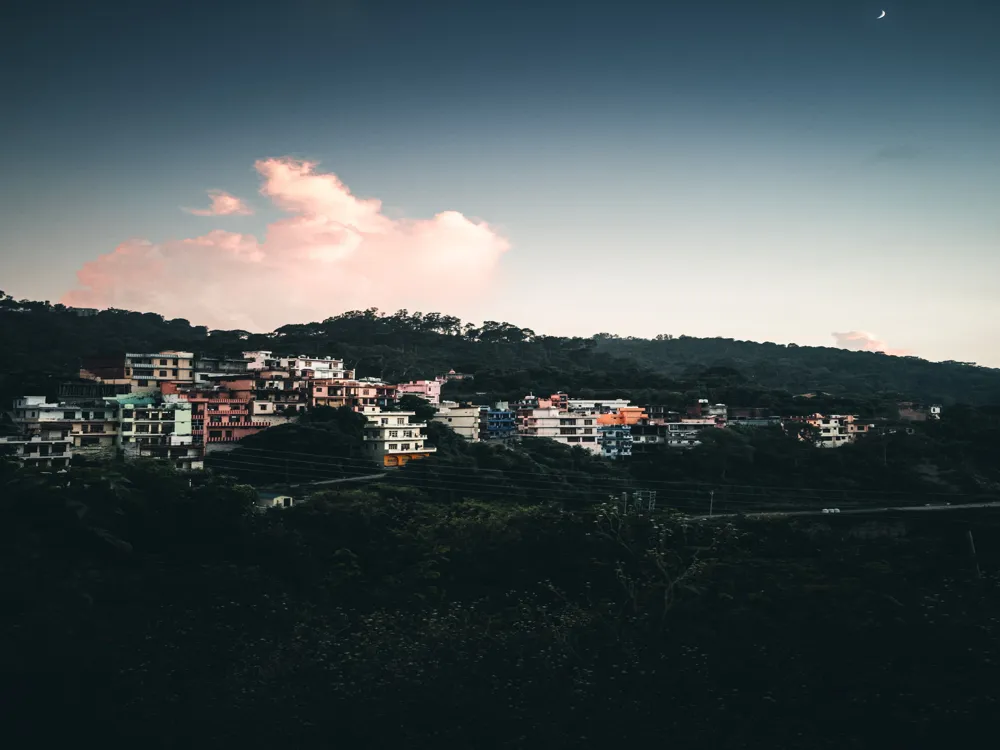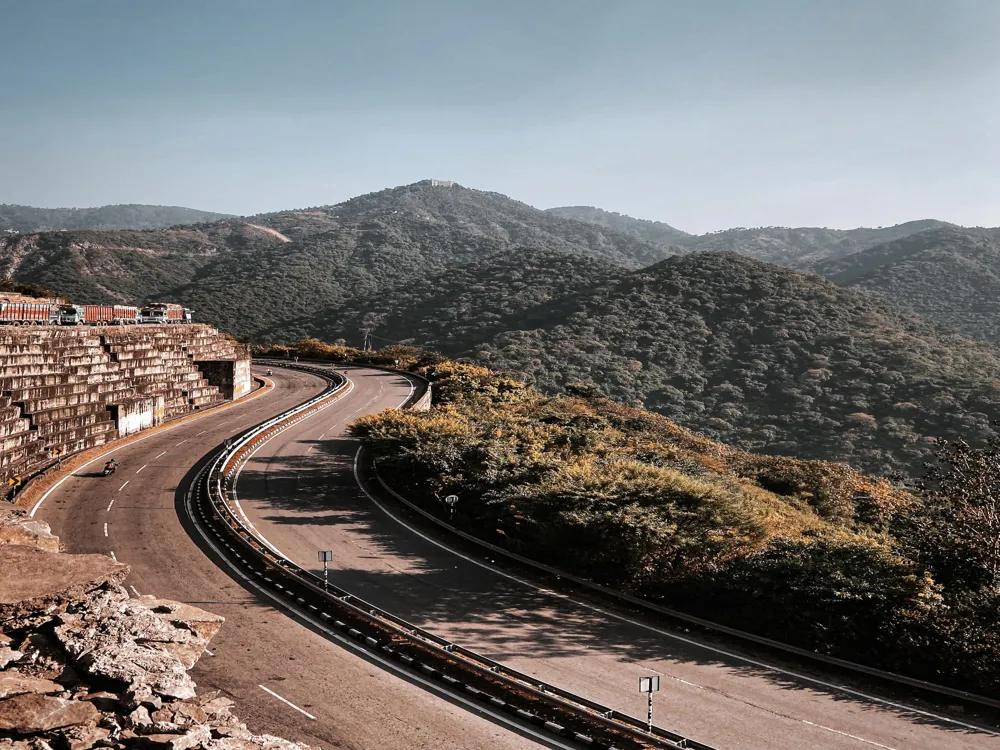Nestled in the serene landscapes of Himachal Pradesh, the Ramgarh Fort is a splendid example of Indian heritage and culture. Located in the historic town of Nalagarh, this fort presents a perfect blend of history and natural beauty. Originally built in the 14th century, it has witnessed several historical events and has undergone various transformations over the centuries. The fort is not just a monument but a testament to the architectural brilliance of the past. Its strategic location offers panoramic views of the Shivalik Hills and the Sirsa River, making it a must-visit destination for history enthusiasts and nature lovers alike. The Ramgarh Fort's history dates back to the era of the Indian Rajputs, known for their bravery and architectural skills. It was initially established as a stronghold for the rulers of the region and has seen the reign of several dynasties. Over the years, it has experienced the influences of the Mughal, British, and Sikh empires, each leaving its mark on its architecture and cultural ethos. The fort has been a silent witness to various battles and has stories of valor and chivalry etched in its walls. The geographical location of Ramgarh Fort is one of its most significant aspects. Perched atop a hillock, it overlooks the lush plains, offering strategic advantage and stunning views. The fort's position also ensured its role as a watchtower in ancient times, guarding the kingdoms against invasions. The architectural style of Ramgarh Fort is a confluence of Indian and Mughal influences. The fort's structure boasts intricate carvings, jharokhas (overhanging balconies), and courtyards that reflect the grandeur of Indian palaces. The blend of different architectural styles signifies the cultural amalgamation that took place over centuries. The Ramgarh Fort stands as a proud example of Indian architectural excellence. Its design and structure reflect the expertise of the artisans and architects of the bygone era. The fort comprises several sections, each with its unique significance and beauty. The main gateway, decorated with intricate carvings and artwork, leads to a world of historical marvels. Inside, the fort houses majestic palaces, temples, and gardens, each narrating a story of its own. The main entrance of the Ramgarh Fort is an imposing structure with detailed carvings and inscriptions. The outer walls, made of sturdy stone, have withstood the test of time and nature. These walls enclose the fort and provide a glimpse into the defensive strategies employed in ancient times. The inner courtyards are an oasis of peace and tranquility. They lead to the palaces, which are fine examples of luxury and elegance. The Sheesh Mahal, adorned with mirrors and exquisite paintings, stands out as a highlight of the fort's architecture. The Ramgarh Fort also encompasses several temples, which reflect the spiritual heritage of India. These temples are not just places of worship but also showcase the intricate artistry of the ancient craftsmen. The gardens within the fort are a blend of Mughal and Indian styles, providing a serene environment. The fort's natural surroundings, including the lush greenery and the flowing river, add to its aesthetic and historical importance. The ideal time to visit Ramgarh Fort is between October and March when the weather is pleasant and conducive for exploration. Carry water, sun protection, and comfortable walking shoes as you will be exploring on foot. Also, remember to carry a camera to capture the scenic beauty and architectural marvels. While exploring, be mindful of the cultural significance of the fort. Avoid touching or damaging the artifacts and structures. Ramgarh Fort is well-connected and easily accessible. The nearest airport is in Chandigarh, about 50 kilometers away. From there, one can hire a taxi or take a bus to Nalagarh. The fort is also reachable by train, with the nearest railway station being in Kiratpur Sahib. For those preferring to drive, the fort is well-connected by road to major cities like Delhi and Chandigarh. Read More:Overview of Ramgarh Fort, Nalagarh, Himachal Pradesh
History of Ramgarh Fort
Geographical Significance
Cultural and Architectural Influence
Architecture of Ramgarh Fort
Main Gateway and Outer Structures
Inner Courtyards and Palaces
Temples and Spiritual Spaces
Gardens and Natural Surroundings
Tips When Visiting Ramgarh Fort
Best Time to Visit
Travel Essentials
Respect the Heritage
How To Reach Ramgarh Fort
Ramgarh fort
Nalagarh
Himachal Pradesh
₹ 165,000 onwards
View nalagarh Packages
Nalagarh Travel Packages
View All Packages For Nalagarh
Top Hotel Collections for Nalagarh

Private Pool

Luxury Hotels

5-Star Hotels

Pet Friendly
Top Hotels Near Nalagarh
Other Top Ranking Places In Nalagarh
View All Places To Visit In nalagarh
View nalagarh Packages
Nalagarh Travel Packages
View All Packages For Nalagarh
Top Hotel Collections for Nalagarh

Private Pool

Luxury Hotels

5-Star Hotels

Pet Friendly







